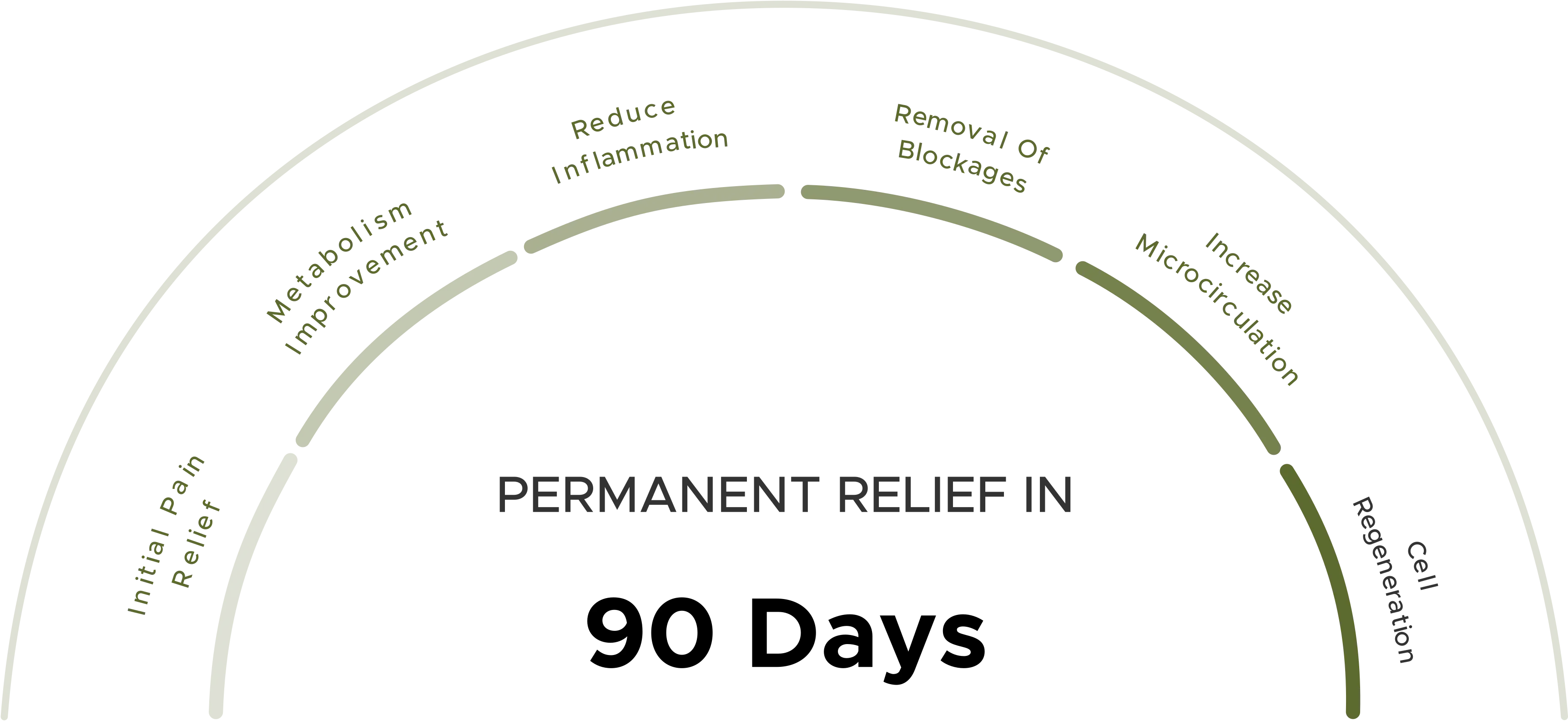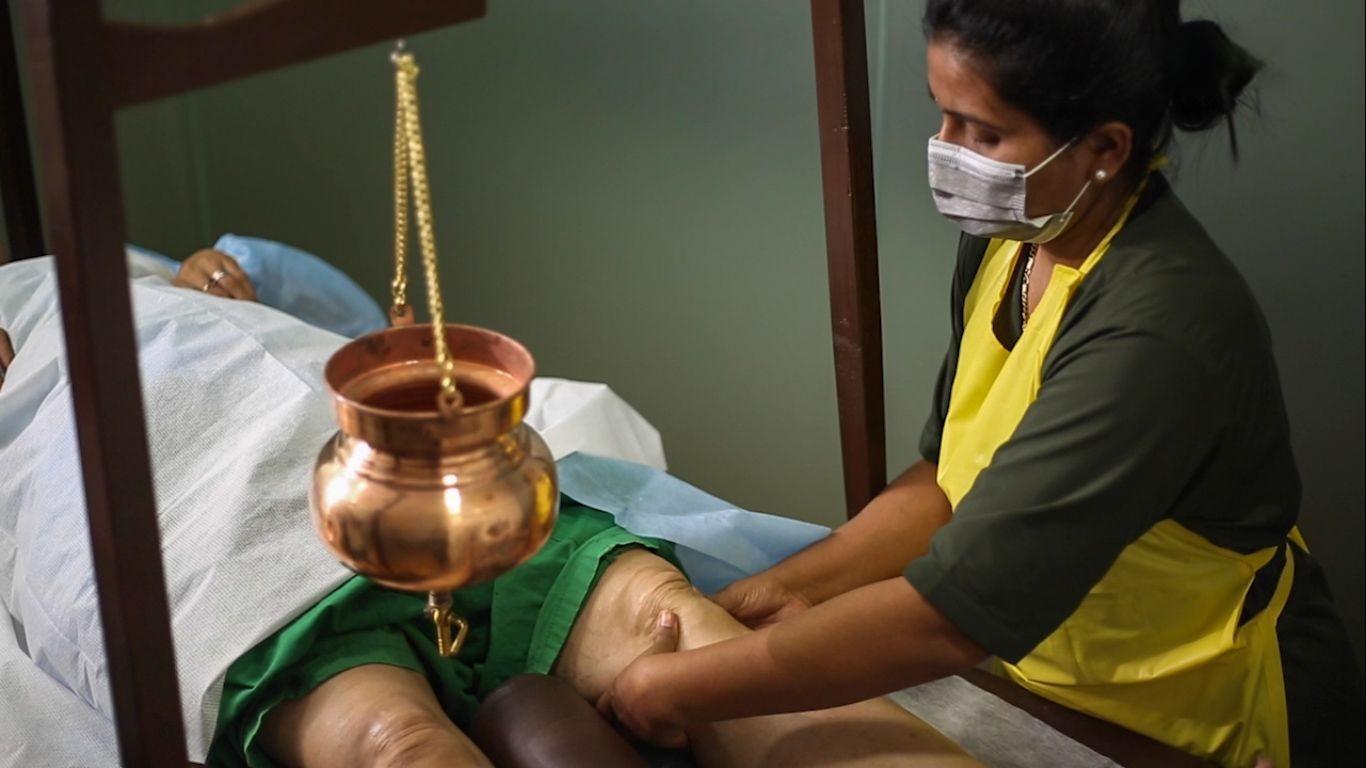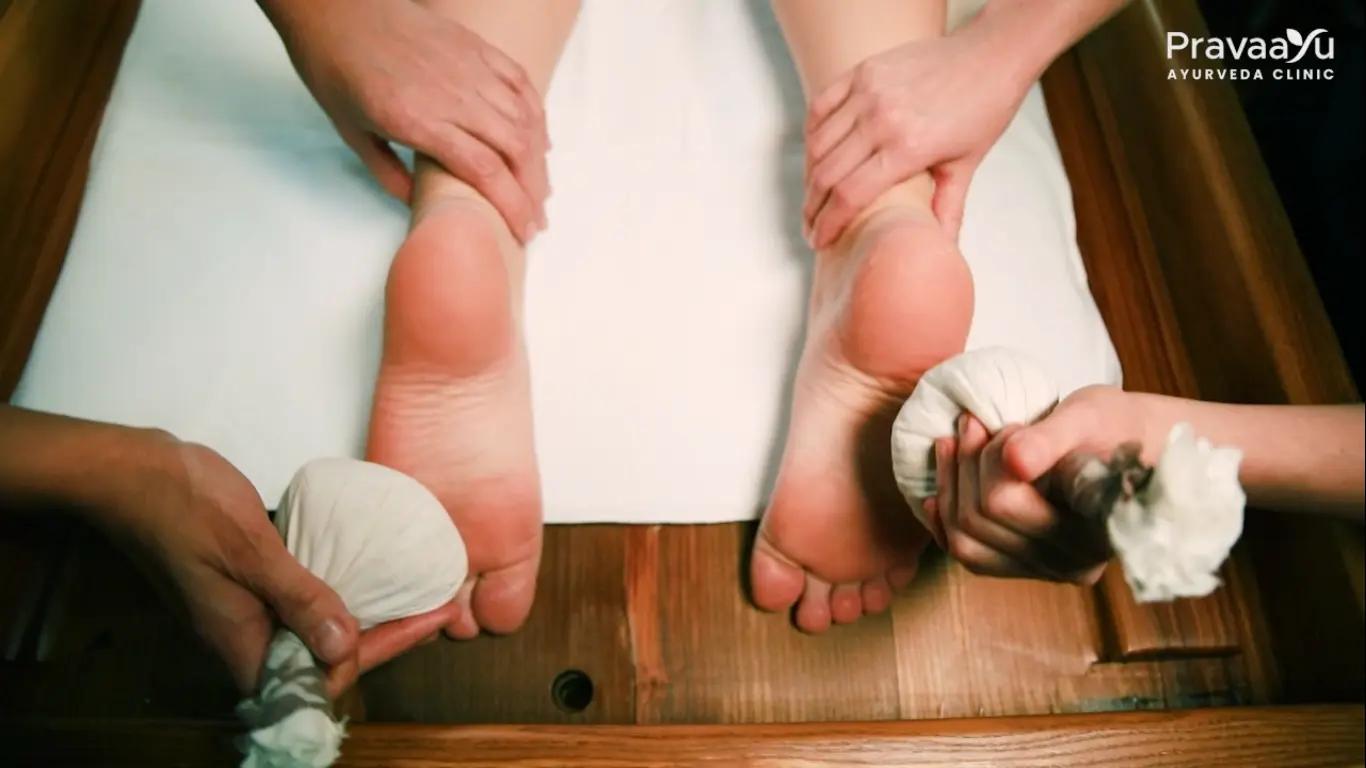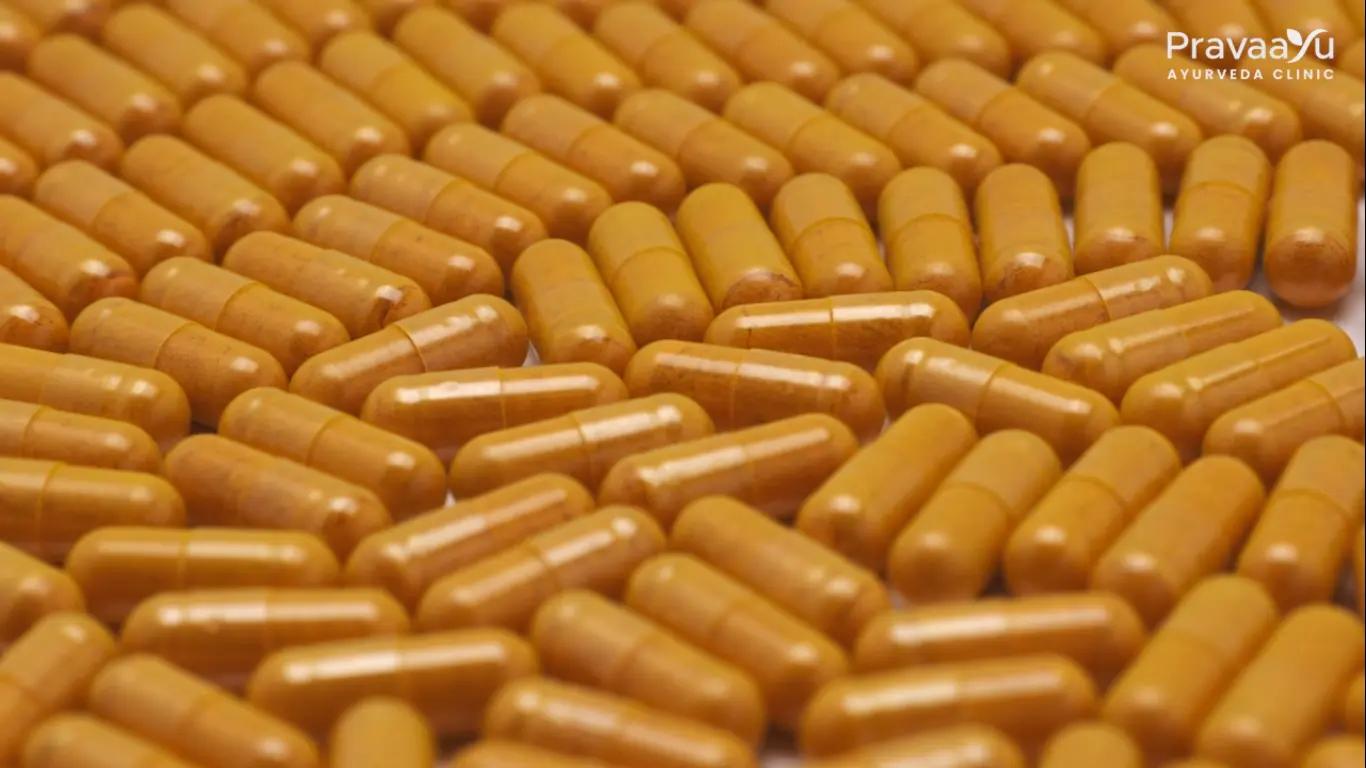Ayurvedic Treatment for Hypothyroidism
Overview
Hypothyroidism, also known as underactive thyroid, occurs when the thyroid gland doesn't produce enough hormones to meet the body's needs. This butterfly-shaped gland in the front of your neck affects almost every organ in your body, including the mind and heart, slowing down bodily functions and potentially contributing to high cholesterol. If you have high cholesterol, you should get tested for hypothyroidism. This article details how Ayurvedic treatment can help manage hypothyroidism.
Table of Contents
- Symptoms of Hypothyroidism
- Causes of Hypothyroidism
- Ayurvedic Treatment for Hypothyroidism
- Ayurvedic Herbs for Hypothyroidism
- Diet for Hypothyroidism
- Panchakarma Treatment for Hypothyroidism
Symptoms of Hypothyroidism
Hypothyroidism symptoms vary widely and can include fatigue, weight gain, joint and muscle pain, dry skin, thinning hair, heavy or irregular periods, fertility problems, slow heartbeat, and depression. Other symptoms include elevated cholesterol levels, impaired memory, and an enlarged thyroid gland. Symptoms in children may include poor mental development, short stature, and delayed development of permanent teeth. The severity of symptoms often increases gradually as the hormonal deficiency worsens.
Causes of Hypothyroidism
Common causes of hypothyroidism include:
- Pituitary disease or dietary iodine imbalance (rare)
- Radiation treatment of the thyroid
- Surgical removal of part or all of the thyroid
- Congenital hypothyroidism
- Thyroiditis (inflammation of the thyroid)
- Certain medications
- Radiation therapy to the neck area
- Hashimoto’s disease (an autoimmune disorder)
Ayurvedic Treatment for Hypothyroidism
Ayurveda, a traditional system of medicine from India, provides treatments that may effectively manage hypothyroidism symptoms. According to Ayurveda, hypothyroidism is related to the condition "GALAGANDA" or "APACHI" and is categorized as a Vata-Kapha disorder with impaired digestive fire (Agni). Ayurvedic treatment focuses on enhancing digestive fire and eliminating toxins through therapies like Shodhana Chikitsa (Panchakarma), which includes Virechana (purgation), Vamana (vomiting), and Basti (enema). Additionally, Rasayana Chikitsa helps maintain dosha and dhatu balance.
Ayurvedic Herbs for Hypothyroidism
- Kanchanar
- Guduchi
- Brahmi
- Ashwagandha
- Guggul
- Jatamansi
Diet for Hypothyroidism
A diet for hypothyroidism should be rich in nutrients to support thyroid function. Guidelines include:
- Iodine-rich foods: Seafood, seaweed, and iodized salt.
- Fruits and vegetables: Rich in antioxidants and nutrients.
- Healthy fats: Nuts, seeds, avocados, and coconut oil.
- Protein: Fish, poultry, eggs, and legumes.
- Limit processed foods and sugar: To prevent inflammation and thyroid disruption.
- Avoid foods that interfere with thyroid medication: Soy, fiber-rich foods, and walnuts.
- Stay hydrated: Water helps flush out toxins affecting thyroid function.
Consult with a dietitian or nutritionist for a personalized diet plan based on your specific needs.
Panchakarma Treatment for Hypothyroidism
Panchakarma is gaining recognition for its role in treating hypothyroidism. This traditional therapy includes Abhyanga (oil massage), Swedana (herbal steam therapy), Virechana, and Nasya. These techniques aim to balance Vata and Kapha doshas, detoxify the body, stimulate thyroid function, and improve overall well-being by reducing stress, promoting relaxation, and boosting immunity.
Summary
Ayurveda offers a holistic approach to managing hypothyroidism, including:
- Panchakarma: Detoxification therapies like Vamana, Virechana, Basti, and Nasya.
- Herbal remedies: Supplements like Guggulu, licorice, ashwagandha, turmeric, and Shankhapushpi.
- Yoga and meditation: To balance the thyroid and reduce symptoms.
- Diet and lifestyle: Emphasizing a balanced diet and healthy lifestyle.
Always consult with a qualified Ayurvedic practitioner before starting any treatment to receive a personalized plan tailored to your condition and needs.

























